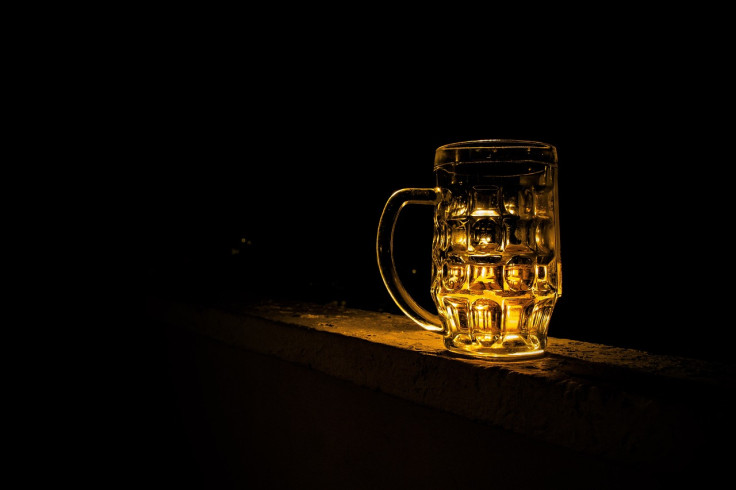
Good news for those planning to quit alcohol this January. It can bring in numerous health benefits, including improved sleep, immunity and heart and brain health. A new study further suggests that abstaining from or cutting down on the amount of alcohol you consume could reduce the risk of developing oral and esophageal cancer.
Studies have shown that alcohol consumption can increase the risk of certain types of cancers. According to WHO, more than 740,000 cancer cases in 2020 were caused by alcohol use.
The research team from the International Agency for Research on Cancer (IARC) came up with their recent finding after analyzing multiple studies that evaluated the relationship between the impact of reducing, or ceasing alcohol, and cancer risk.
"Based on the evidence reviewed from relevant studies published to date, the Working Group concluded that there is sufficient evidence that, compared with continuing consumption, reduction or cessation of alcoholic beverage consumption reduces the risk of oral cancer and esophageal cancer," said Beatrice Lauby-Secretan, head of the IARC Handbooks of Cancer Prevention in France.
Abstaining from alcohol completely for five to nine years showed a 34% decrease in the risk of oral cancer, while stopping it for 10 to 19 years resulted in a 55% reduction. Staying alcohol-free for five to 15 years was associated with a 15% decrease in esophageal cancer risk, while the risk dropped significantly (65%) with cessation for more than 15 years.
However, one limitation of the research was that there were only a few studies available on the topic.
"The Working Group was surprised about the limited number of studies available for review on the reduction in cancer risk associated with reduction or cessation of alcohol consumption. Such studies are abundant for tobacco cessation, but much less so for alcohol consumption. Also, very few studies investigated the effect of reducing the amount of alcohol consumed, with most studies looking at cessation," Lauby-Secretan said.
More data is required to confirm the link between alcohol cessation and the risk of other cancer types, including colorectal, breast and liver cancer.
"Given that many of these cancers have similar mechanistic pathways, we think we will see a similar association with reduction or cessation. That's why we recommend more studies, so we can have stronger evidence," said Farhad Islami, a cancer epidemiologist at the American Cancer Society and an author of the report.







